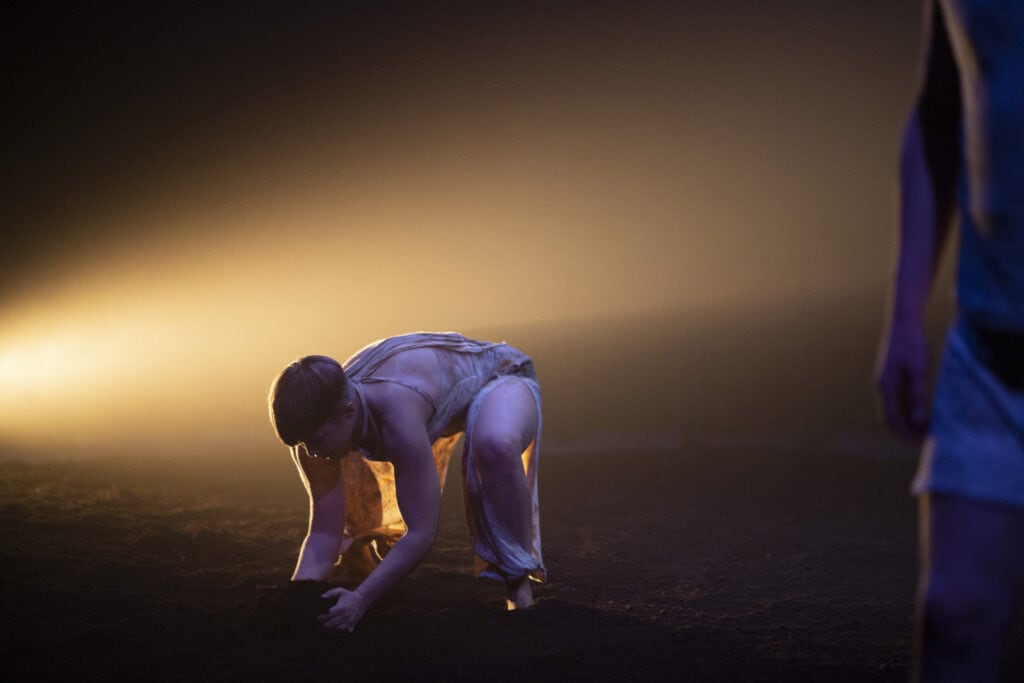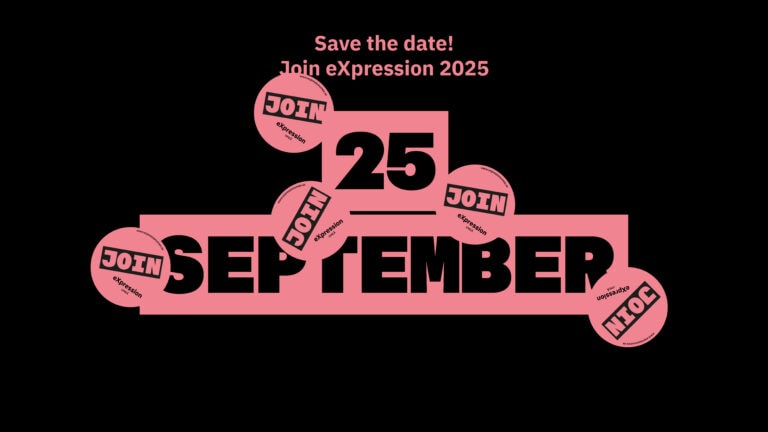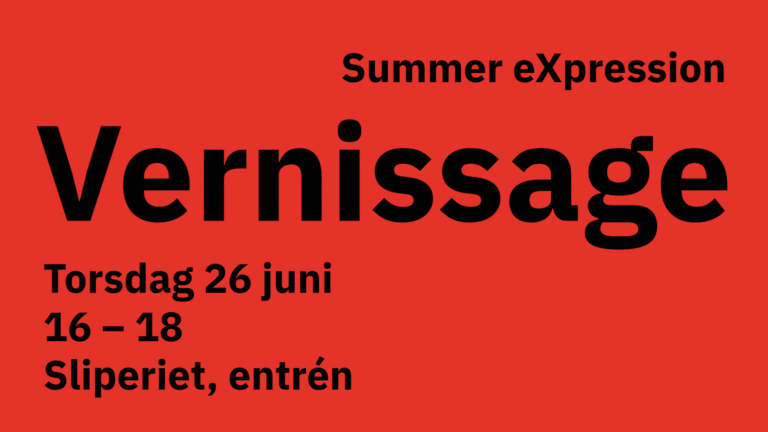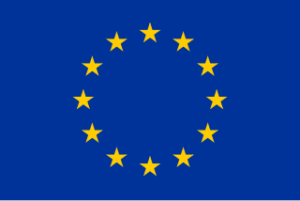Your home city is more international than you might think.
"Look at the river - it connects us to the rest of the world. Everything is already connected," says dancer and choreographer Marit-Shirin Carolasdotter.
These are her top tips for cultural entrepreneurs who want to work in a global arena:
Take the initiative. Contact those you want to collaborate with. As an artist, you need a human support programme around you. You create this by talking to people and initiating different collaborations.
We'll come back to what she thinks you should avoid.
Nomadic life
First, we take a look at Marit-Shirin's nomadic life and what has shaped her artistic compass.
At the age of sixteen, she moved from Norrköping to Linköping to dance at the upper secondary school there. She then went on to Kulturama's vocational programme and the Iceland Academy of the Arts in Reykjavik, where she experienced how her body responded naturally to the dramatic nature around her.
With a heavy heart
It was a wonderful time, which came to an abrupt end due to an inflamed knee. With a heavy heart she returned to Stockholm.
While her knee healed, she worked as a bar manager at Friends Arena and Globen. Eventually, she earned a master's degree in international performing arts at Stockholm University of the Arts and moved to Brussels. It was there, among other freelance artists from different backgrounds and languages, that she found herself.
- I started to see myself as a dancer. It's my main cultural identity," she says with a laugh.
Roots in several worlds
Marit-Shirin has a large and diverse family, spread across the world. Her Kurdish father, who passed away a few years ago, has had a major impact on her life and her art. As has her mum, who has always been there, and her grandfather - a gateway figure to the stories of the Sami heritage from Jämtland and Västerbotten.
Indigenous cultures
Marit-Shirin became interested in issues related to indigenous cultures and rights. In Japan, she met women from the Ainu people who were fighting for the repatriation of human remains. This sparked the need to continue to honour those who have gone before and all the memories buried in stone and dirt.
Humans and soil
She founded the artistic platform Humans and soil - for cross-artistic encounters between people from different cultures - and created her first large-scale choreographic work, in collaboration with Norrlandsoperan in Umeå. That's how she ended up here, in what she describes as a reasonably sized city with a vibrant cultural life.
- It's not that all artists want to move to big cities, many want a different kind of life, as long as there are opportunities to work.

Started a dance studio
Wanting to contribute to a creative climate herself, she set up the Dotra Art Centre studio in a garage in Grisbacka - a place for her own and others' artistic projects. The opening ceremony was attended by visiting dancers from around the world, and visitors toasted an impressive initiative. She herself was rather blunt about it:
- If there are no places to work, we have to create them. And if we can't, it will be difficult to work. Then you might feel that you have to move somewhere else.
Marit-Shirin kept her studio going for two years, until the grant money ran out. Today, she hopes a collective initiative will have greater success and longer sustainability. In the meantime, she continues to lead her international collaborative projects. Her artistic processes usually take place in dance residencies in different parts of the world. In Finland, for example.
This is a good thing to consider if you want to work internationally. Vaasa is just a stone's throw away.
Do not become apathetic
It's time to tell you what Marit-Shirin thinks cultural entrepreneurs should avoid when working internationally. Her thoughts automatically turn to what she herself finds threatening in the current political climate.
At a time when politicians in many parts of the world are cutting back on culture and restricting it in various ways, it is particularly important that we do not become apathetic. We should not retreat, but continue to insist on the value of culture.
What do you do if you feel anxious?
- I am on the move. If I keep moving, I see that other things are moving too. Plants keep growing and aeroplanes cross the sky. And so I reach out to other people. We should not try to do everything on our own.
Text: Hanna Kangassalo
Image: kenneth.ly







